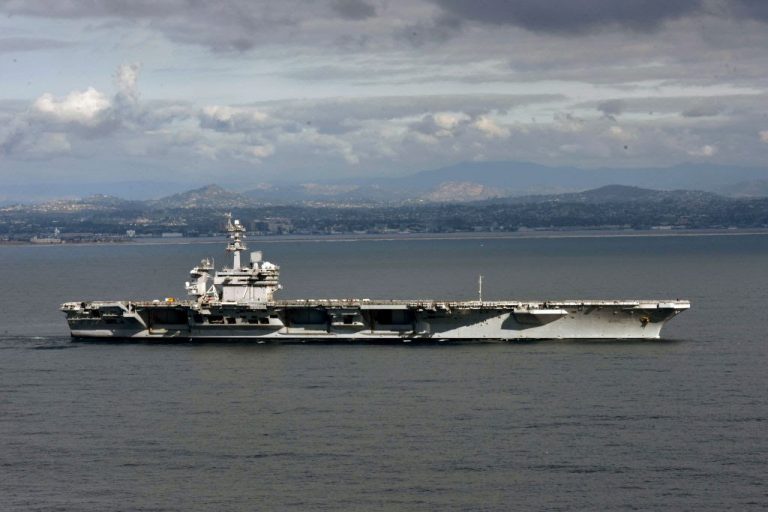European governments are increasing their naval presence in the Indo-Pacific to contain Communist China’s growing assertive stance in the region. These military actions come amidst growing discontent in Europe against China for unfair trade practices and human rights abuses.
The focus on China is also a significant shift from Europe’s traditional military thinking post World War 2, which has predominantly focused on Russia.
In February, France sent a frigate to participate in a U.S.-Japan joint military exercise. A few weeks earlier, it sent a nuclear submarine into the South China Sea, which many people saw as a clear warning to Beijing.
The French have stationed thousands of troops and military assets in the South Pacific, occupying New Caledonia and other territories. In the Indo-Pacific, France can ally with former colony Vietnam that dismisses Beijing’s claim to the South China Sea.
Germany plans to send a frigate to the Indo-Pacific sometime this year. In December, defense minister Annegret Kramp-Karrenbauer stated that Germany is looking forward to protecting the rules-based order in the region since what happens in the Indo-Pacific will eventually affect Germany. She also believes that Japan can increase defense cooperation with Europe. Tokyo has welcomed more European naval presence in the region.
Success
You are now signed up for our newsletter
Success
Check your email to complete sign up
As China’s economy grows and naval prowess grows, European powers wanting to make their presence felt in the Indo-Pacific will only strengthen. European nations might also pool together military resources to stand up against China in the Indo-Pacific. They can also support U.S. forces, such as providing intelligence and helping evacuate citizens in times of crisis.

Nicolas Regaud, a senior research fellow and director for international development at the Institute for Strategic Research of the Ministry of Armed Forces, said that if the U.S. gets militarily involved against China on issues like the Taiwan Strait, Europe won’t likely sit idly back and watch.
“Politically, the Europeans would be obliged to take sides in order to preserve the trans-Atlantic relationship… Doing so, they would accept to pay a price, as China will retaliate in weaponizing trade, finance, cyberspace, etc. Militarily, France, Britain, and Germany may fill in the gap left by the U.S. Navy in the Atlantic, the Mediterranean, or the Gulf,” Regaud told Nikkei Asia.
The Quad will counter China’s aggression in the Indo-Pacific
A significant, recent development is the rising prominence of ‘The Quad.’ It refers to the four economically strong allies: the United States, India, Japan, and Australia. Sometimes called the Asian version of NATO, one of the group’s primary focus areas is to counter Communist China’s aggression in the Indo-Pacific.
The Quad was actually proposed back in 2007 but was soon disbanded due to Beijing’s objections. But now, the four nations are determined to keep Beijing in check. However, adding more European nations to the Quad does not seem like a good idea to many experts.
“I do not think it would be efficient to try to expand the Quad formally into a larger grouping, particularly with European powers who have a smaller range of common interests on a day-to-day level…”
“Looser cooperation that stresses a common, unified agenda among a growing group of countries toward the goals of a free and open Indo-Pacific should be encouraged and welcomed,” Andrew Oros, a professor of political science, told South China Morning Post.
Follow us on Twitter or subscribe to our weekly email















